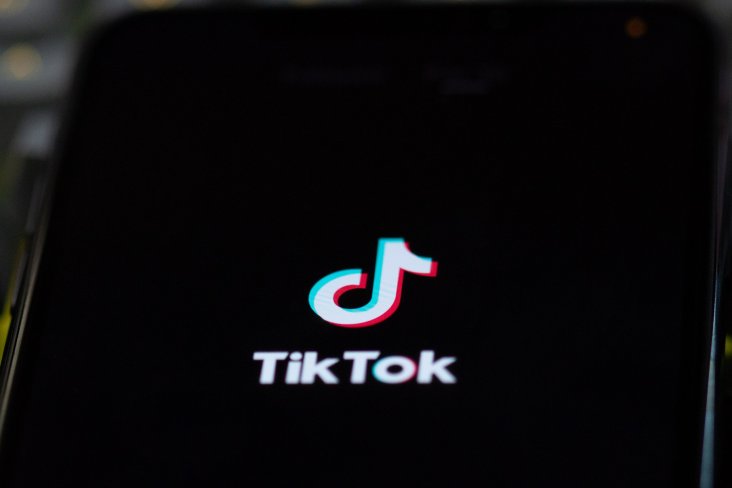Body positivity on social media to be taught in secondary schools
29 September, 2022
Interview by Christina Huang, adapted by Joel Armstrong
Andre Fa’aoso, Netsafe’s Youth Ambassador says that while body misrepresentation disproportionately affects young women, it is also important to keep an eye out for the misrepresentation of male physiques on social media, and how this can be detrimental to the mental health of young men. Photo: Canva.
This Mental Health Awareness Week, Netsafe and Bodyright, a global movement to end unethical retouching of misrepresentation of the human body, are teaming up to get rangatahi to ditch retouching their images on social media.
The organisations are launching a new learning module #beyourselfie into intermediate and high schools in early 2023 to encourage body positivity online.
Andre Fa’aoso, Netsafe’s Youth Ambassador, told 95bFM's The Wire that they are aiming to raise awareness about the link between online misrepresentation of the human body through unethical retouching, body dysmorphia, and mental health.
About 40% of rangitahi in Aotearoa use five or more social media platforms, with a third of them spending four or more hours on social media daily.
“We’re constantly bombarded with unrealistic expectations of how we’re supposed to look,” said Fa’aoso. Social media is a part of our lives you know, our mornings usually consist of us picking up our phones, it’s the first thing we do.”
While body misrepresentation disproportionately affects the mental health of young women, but Fa’aoso said it is also important to keep an eye out for the misrepresentation of male physiques, and how this can be detrimental to the mental health of young men.
“As a young man, my FYP (TikTok ‘for you page’) and social media feed is constantly bombarded with gym-toks, or ‘the grind’ mindset where you're expected to work 9-5 on your body image to try and make yourself ‘happy’.”
Fa’aoso advises parents not to control what media their rangitahi are consuming, rather create a safe environment for parents and children to have this conversation in a non-judgment space.
“I don’t think helicopter parenting is the way to go, especially for rangitahi. I think it’s more important for them (parents) to have an understanding of the challenges that rangitahi face online with their body image, mental health, and the different ideas and concepts which they are fronted with online on a daily basis.”
Public interest journalism funded through NZ On Air

 95bFM
95bFM 

